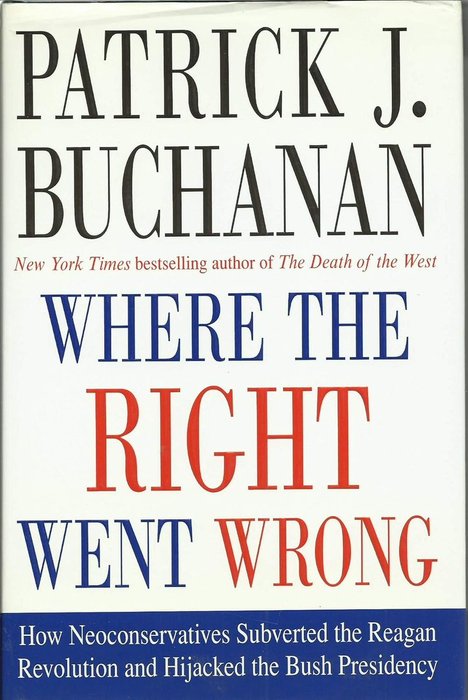Sublime
An inspiration engine for ideas
axiom of political science in that country that the only way to neutralize the effect of public journals is to multiply them indefinitely.
Alexis de Tocqueville • Democracy in America, Volume I and II (Optimized for Kindle)
La tension majeure qui traverse la démocratie oppose la liberté à l’égalité, dont la poursuite peut basculer dans la passion délirante, conduisant le peuple à préférer la servitude à l’inégalité. Le danger peut être d’autant plus grand que la montée de l’individualisme s’accompagne d’un désintérêt pour le bien commun et que l’industrialisation et
... See moreNicolas Baverez • Le Monde selon Tocqueville: Combats pour la liberté (French Edition)
to the end that the office might be powerful and the officer insignificant,
Alexis de Tocqueville • Democracy in America, Volume I and II (Optimized for Kindle)
Opinion
washingtonpost.com
Democrats, led by Senate majority leader Lyndon B. Johnson, now saw an opportunity to break his hold on the country. McCarthy is “the sorriest senator up here,” LBJ had told Senate secretary Bobby Baker. “Can’t tie his goddamn shoes. But he’s riding high now, he’s got people scared to death some Communist will strangle ’em in their sleep, and
... See moreJoyce, a socialist, criticized mass society from the left; Eliot, a royalist, criticized it from the right.
David Shields • How We Got Here: Melville Plus Nietzsche Divided by the Square Root of (Allan) Bloom Times Žižek (Squared) Equals Bannon
he was interested in criticizing the forces that had undermined those virtues. The enemy, he thought, was not so much Grant’s and Sherman’s armies as the spirit that moved them. It was “science and technology.” It was centralized government. It was the ethic of “total war.” It was affluence, materialism, and the love of comfort. It was the demand
... See more
